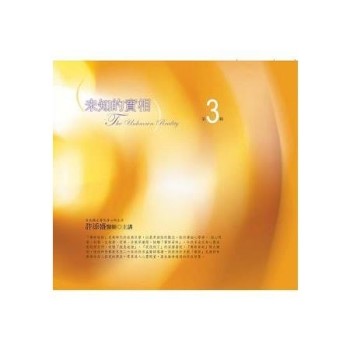Group therapy for patients with psychotic experiences is one of the least known of the group therapies; it is also one of the most diverse. This collection presents a range of methods, models and settings for group therapy for psychoses, as well as exploring the context for this type of treatment.
Group Therapy for Psychoses offers an international perspective on the current range of practice in the field, in multiple care situations, contexts and institutions; from acute units to therapeutic communities, rehabilitation groups, self-help, and groups of those who hear voices. Presented in two parts, the first covers the history, evaluation and research methodologies of group therapy, while the second explores specific examples of groups and settings. The book tackles misconceptions about the treatment of psychoses and emphasises the healing effects of group therapy. It underscores the importance of training for selecting and conducting groups of patients suffering from psychoses and suggests possible formats, approaches and perspectives.
The book’s wide, reflexive and practical collection of chapters together demonstrate how group therapies can effectively help patients with psychotic experiences to overcome their difficulties on their way to recovery. The book will be of great use to clinicians working with people suffering from psychosis, including psychiatrists, psychotherapists, psychoanalysts, psychologists, physicians and social workers. It will also appeal to group analysts, family therapists and CBT practitioners, as well as to all researchers in these fields.












